The Doctoral College has launched the second round of funding for the PGR Research Culture and Community Grant (RCCG), and applications close on Monday 24 February 2025.
This grant is intended to support PGR-led activity across researcher development, research culture and research community building initiatives. It can be used to fund a social event, training activity, analysis workshop, digital skills session, writing session or other activity to enhance the PGR journey experience. In addition to community building, the purpose of the grant is to enable PGRs to gain transferable skills and experience in planning, organising, promoting and implementing such activities.
The Postgraduate Research Society organised the “Winter Holiday Social” during the first round of funding. Read on to explore their learning experiences gained while organising this event, as well as the benefits this social provided to the PGR community:

As Postgraduate Researchers (PGRs), it’s easy to become absorbed in the day-to-day demands of research, often feeling isolated in our work. We spend long hours in libraries or labs, and it’s common to experience the sense that we are navigating our academic journey alone. This is why we decided to create events specifically designed to bring the PGR community together, providing a space where we could connect, share experiences, and, most importantly, feel valued for the work we do.
With the generous support of funding, we were able to organize an event that brought together around 50 PGRs from various disciplines. The goal was to foster a sense of community—an opportunity for researchers from different fields to meet, share insights, and offer support to one another. Through informal discussions attendees had the chance to connect with peers outside their usual academic circles.

What we didn’t anticipate was just how much of an impact the event would have. The feedback from participants highlighted a deep sense of appreciation, not only for the chance to network but also for the opportunity to feel acknowledged and supported. PGRs often work in relative isolation, so the chance to interact with others who understand the unique challenges of research was incredibly valuable. Many attendees shared how much they appreciated the warmth and inclusivity of the event.
In addition to the positive effects on the PGR community, this experience has also been a learning journey for us as organisers. From the initial planning stages to the event itself, we honed our event planning skills—working on everything from logistics to communication and participant engagement. This experience has not only built our confidence but also equipped us with the skills to organize even bigger and more impactful events in the future.

Looking ahead, we are excited to make this event an annual tradition. There is growing demand to continue offering spaces for PGRs to come together, and we plan to expand the event’s capacity in the coming years. We are also exploring the possibility of organizing additional initiatives throughout the year to further enhance the sense of community among PGRs.
Overall, the experience has been both inspiring and rewarding—demonstrating how a well-executed initiative can create lasting, positive change in a community. It has reinforced our belief in the power of connection, and we look forward to building on this momentum in the years to come.
Postgraduate Researcher Society
We hope the Winter Holiday Social has sparked some creative ideas for how you could utilise this funding for your own activity.
If you would like to apply, full details can be found on the Doctoral College Brightspace, including the application form.
If you would like to discuss your ideas before submitting your application, please contact:
pgrskillsdevelopment@bournemouth.ac.uk



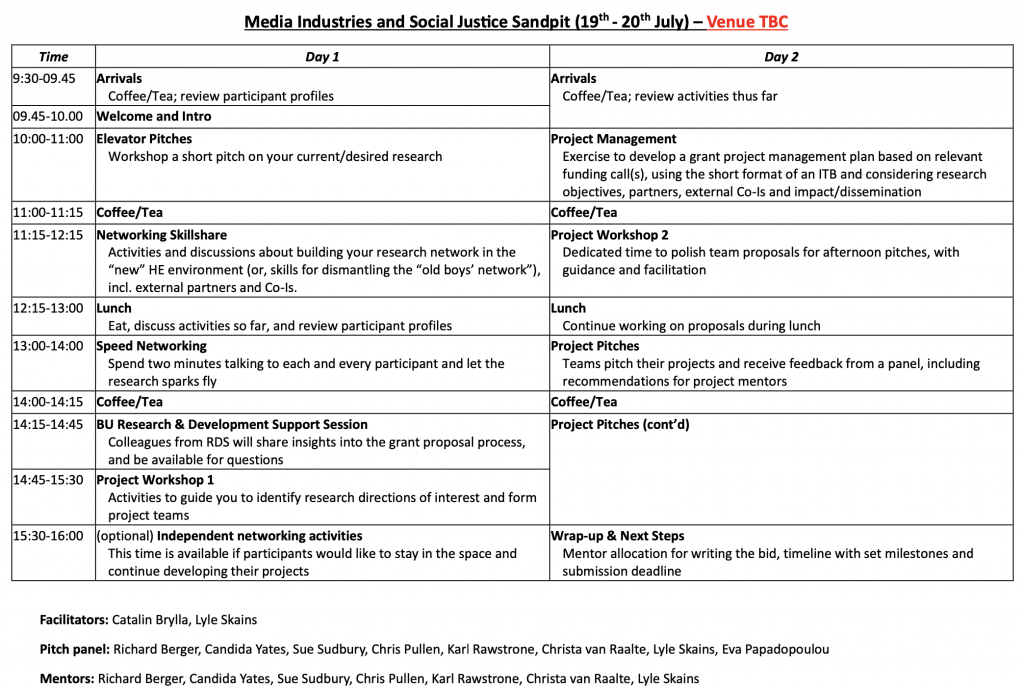
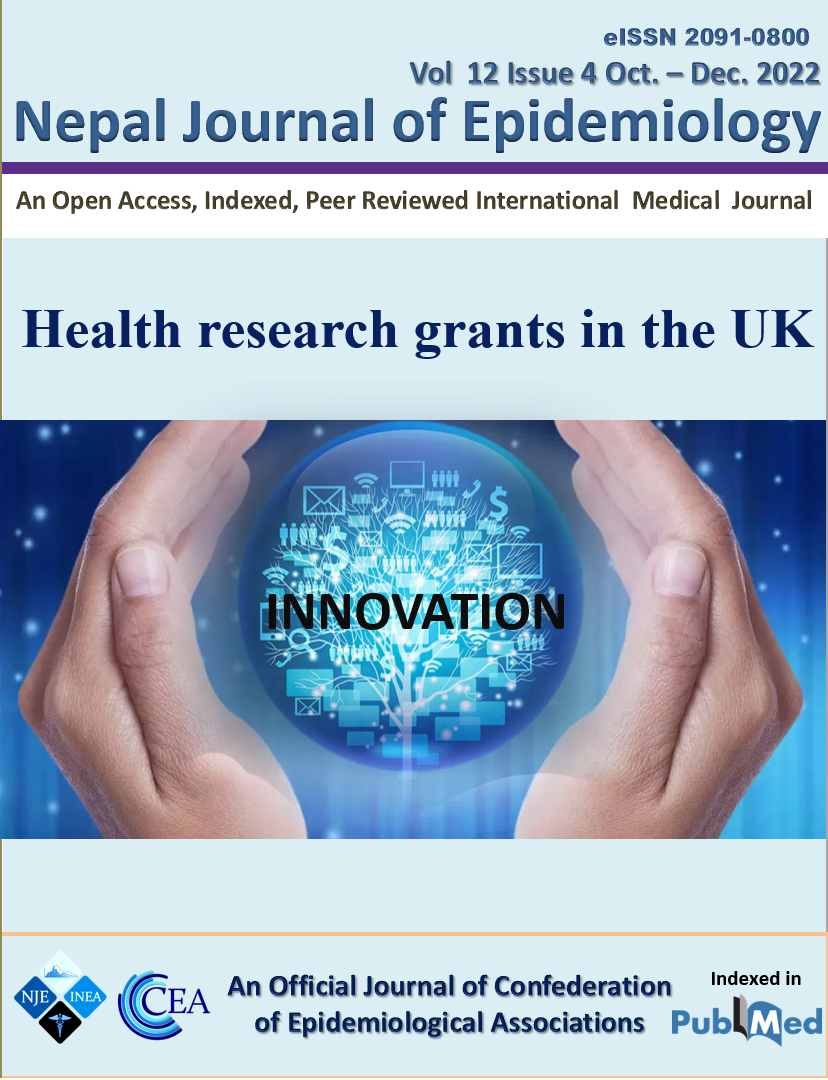
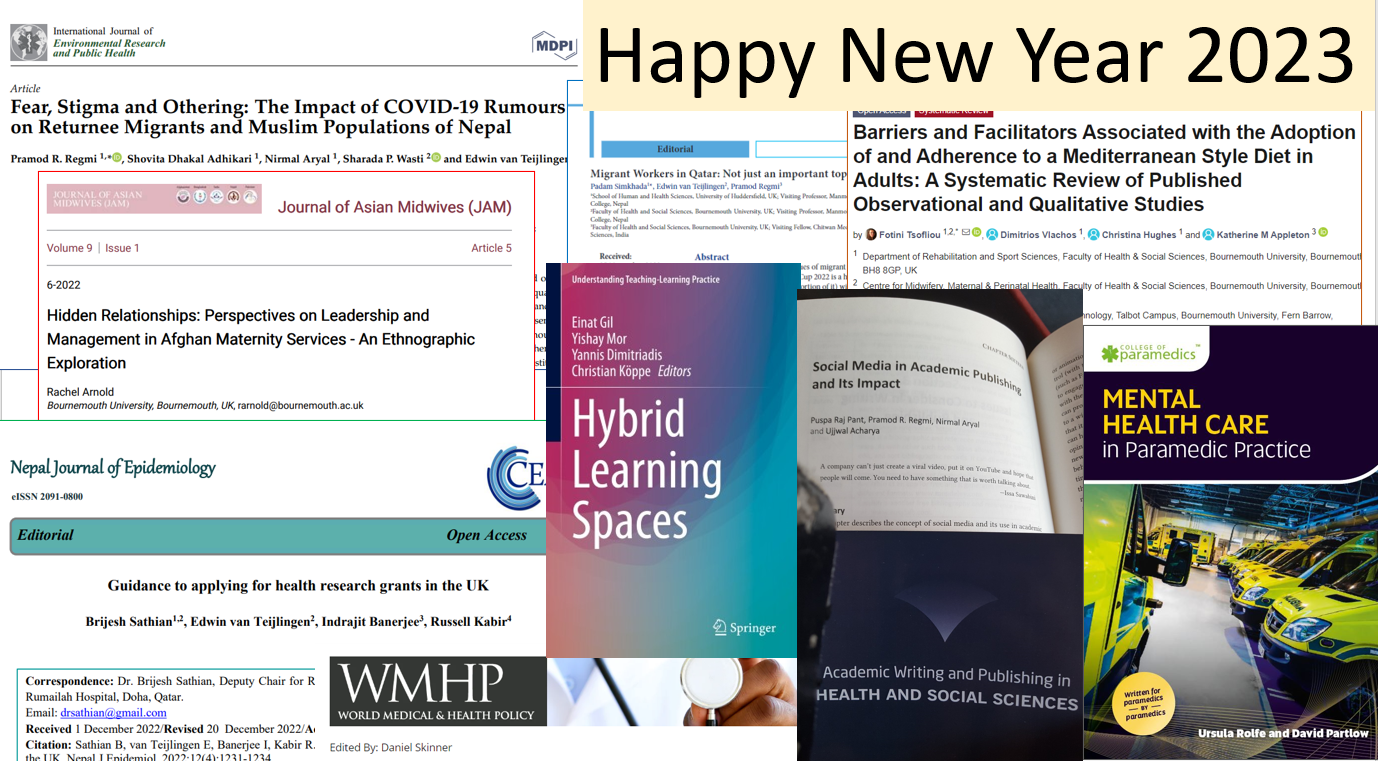

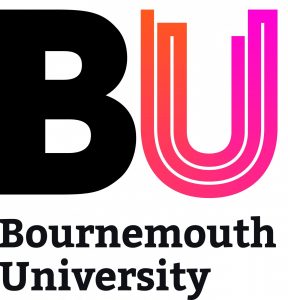





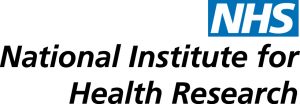
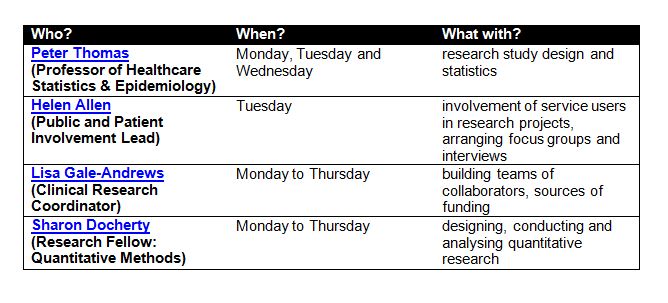











 SPROUT: From Sustainable Research to Sustainable Research Lives
SPROUT: From Sustainable Research to Sustainable Research Lives BRIAN upgrade and new look
BRIAN upgrade and new look Seeing the fruits of your labour in Bangladesh
Seeing the fruits of your labour in Bangladesh Exploring Embodied Research: Body Map Storytelling Workshop & Research Seminar
Exploring Embodied Research: Body Map Storytelling Workshop & Research Seminar Marking a Milestone: The Swash Channel Wreck Book Launch
Marking a Milestone: The Swash Channel Wreck Book Launch ECR Funding Open Call: Research Culture & Community Grant – Application Deadline Friday 12 December
ECR Funding Open Call: Research Culture & Community Grant – Application Deadline Friday 12 December MSCA Postdoctoral Fellowships 2025 Call
MSCA Postdoctoral Fellowships 2025 Call ERC Advanced Grant 2025 Webinar
ERC Advanced Grant 2025 Webinar Update on UKRO services
Update on UKRO services European research project exploring use of ‘virtual twins’ to better manage metabolic associated fatty liver disease
European research project exploring use of ‘virtual twins’ to better manage metabolic associated fatty liver disease